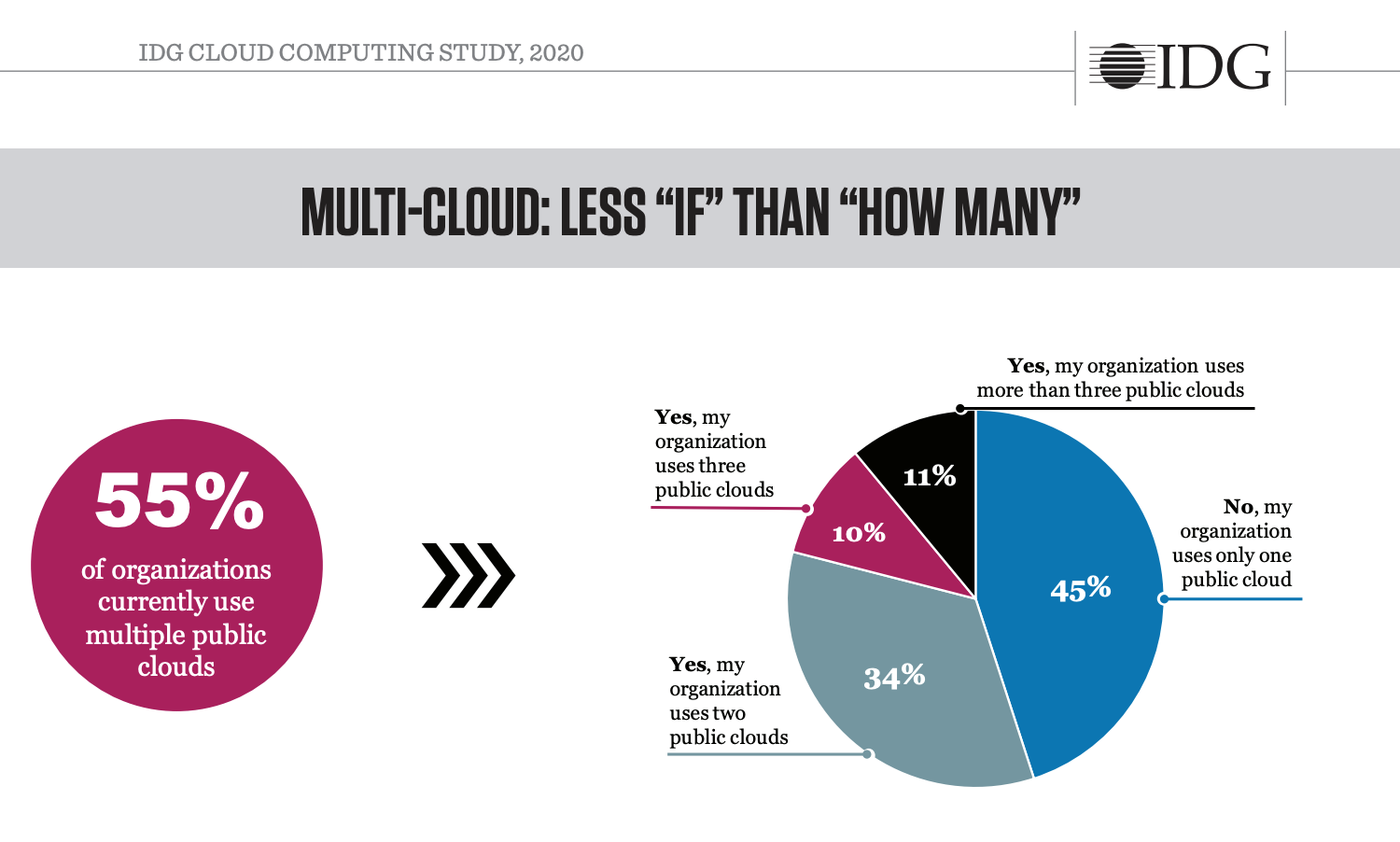
Imagine this….
It is the last few days before Christmas. You are a parent of two young kids who have behaved reasonably well this year. So, Santa will bring a gift for them. Well, guess what – you don’t need to worry anymore about what to get or where to get it from. I already made that choice for you.
You are buying a baby Yoda plush toy for each of the kids
You will purchase it from Amazon.com
If your child does not like it, too bad. You cannot exchange it. You have to spend again to buy another toy.

Picture Courtesy from Amazon.com
Ok, I admit this sounds ridiculous! Even if THE Mandalorian has made Grogu (Sorry for the spoiler – baby Yoda) quite popular and many people like to purchase gifts from Amazon. But you would like a choice, right? Of course, you would!
Instead of Amazon, you may want to buy a cheaper version of the same toy from Walmart.com OR an artistic version on Etsy.com. Alternatively, you may want to walk into a local retail store and pick up a similar toy. Maybe you select a lightsaber from Walmart.com AND a baby Yoda from Amazon.com because that is what each of your children wants. But you don’t want this decision automatically made for you.
Why is this analogy any different for cloud offerings? It is pretty much the same thing. Maybe you like cloud-managed solutions but it doesn’t mean you need to select the public cloud. And, if you pick public cloud, it does not mean you need to default to AWS. If you pick the on-premise option, you shouldn’t need to lose out on product capabilities. You get the drift?
Why Should Multi-Cloud or Even Hybrid Cloud be a MUST in your RFPs?
A multi-cloud offering provides agility to meet the ever-changing business needs. Here are a few customer inputs that we have heard:
A recent study shows that multi-cloud is not a question of “if” but a question of “how many”.

With Extreme Networks, you have a choice:
The bottom line is it is your choice! Don’t let your vendor take it away from you. For more details of how Extreme implements this capability, check out our white-paper.
P.S. Don’t forget to order gifts for your well-behaved kids in time!
This blog was originally authored by Jeevan Patil, Senior Director, Product Management